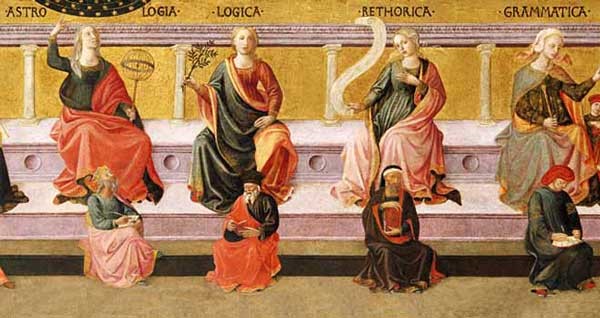 This course discusses two related questions: what is liberal education, and is it possible to receive one in the United States?
This course discusses two related questions: what is liberal education, and is it possible to receive one in the United States?
The phrase “liberal education” suggests that we can be liberated by our educations – freed from the narrow prejudices of our neighborhood or country or regime. But is that really possible when we are always educated in and by our neighborhoods and countries and regimes? Is it even desirable? And do some kinds of regimes allow for more liberal, or liberating, education than others? Democracies, like the United States, force us to choose between devoting our educational resources to advancing the best students and bringing everyone up to a common level. Can these tensions, between vocational training and liberal learning, and between equality and excellence be reconciled? What does it mean to be educated for freedom in a democracy?
Sample readings:
- Plato, “Apology”
- Excerpts from John Locke, Some Thoughts Concerning Education
- Excerpts from Benjamin Franklin, Autobiography
- Hannah Arendt, “The Crisis in Education”